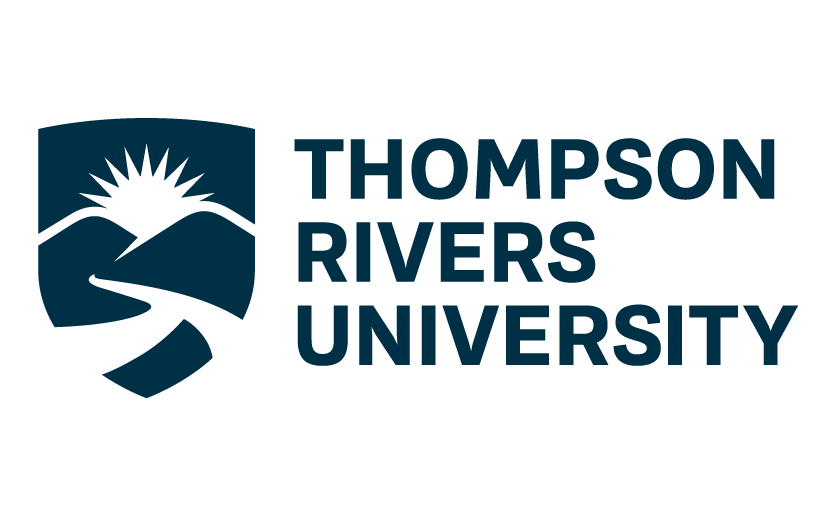1.0 What is a Research Question?
A research question guides your research, and it must be narrow as it supposed to target only one area. A research question aims to explore an existing uncertainty in a specific topic (Ratan et al., 2019). Developing a narrow, concise research question is the first step in any research project, no matter how big or small (Writing Research Questions: Purpose & Examples, 2013).
2.0 Questions to Ask Yourself While Creating Your Research Question.
- What is the specific issue or concern that I want to investigate?
- What do I want to know about that issue or concern?
- What do I already know about this issue or concern? Do I know enough about this topic, or do I need to read more about what people have found about this topic in the issue or concern?
After answering those question and getting familiar with the research that has been done in the past, on the issue you are interested in, you should create the research question and ask yourself those questions:
- Is my research question answerable?
- Is my research question complex?
- Is my research question too broad?
- Is my research question too narrow?
A research question must be answerable, but it should not be too simple (cannot have a yes/no answer). Also, your research question must not be too broad or too narrow. A research question should investigate a specific issue or concern. To develop a research question, the research must know precisely what they want to know about that issue or concern, and they must be familiar with the research that has been done to investigate this issue or concern in the past.
Adapted from: How to Write a Research Question, 2008 & Writing Research Questions: Purpose & Examples, 2013.
3.0 Properties of a Proper Research Question
4.0 How to Create a Research Question?
- Choose a broad topic. The broad topic should be related to the area of research that you are interested in.
- Conduct a literature review. A literature review is an investigation of the research that has been done in the past about an issue or an area of concern. In a literature review, one aims to learn about the research that has been conducted in the past about a particular issue and the findings of that research. Conducting a literature review would help the researcher find an issue within an area of research that has not been investigated. Also, by conducting a literature review, the researcher learns about different methodologies used in their field and the limitations of each methodology. (For more on literature reviews, see section #).
- Narrow down the specific issue that you would like to investigate. From what you learned while conducting the literature review, you should be able to pick one issue or narrow topic that your research will focus on.
- Evaluate the question. Ask yourself questions 4, 5, 6, & 7 discussed in section 2.
Adapted from: Kishore, J., Vasundhra, S., & Anand, T. Formulation of a research question. Indian J Med Spec. 2011;2:184–8.
5.0 Types of Research Questions.
- Descriptive. When the purpose of the study is to describe a phenomenon, a behaviour or an event.
-
- Example: how does a person perform a complicated task such as climbing a mountain?
- Relational (also known as correlational). When the purpose of the study is to observe the relationship between two or more variables.
-
- Example: what is the relationship (correlation) between the number of hours a student spent studying and their test scores.
- Causal. When the purpose of the study is to investigate the effect of one or more variables on another variable.
-
- Example: what is the effect of the climate on the well-being of the ecosystem?
(Herr, 2007)
6.0 Test Yourself!
7.0 Resources
If you have any more questions about how to develop a research question or you need help developing your own research question, check out the writing center here: https://www.tru.ca/current/academic-supports/writingcentre.html
References
Herr, N. (2007). Types of Research Questions. Retrieved from https://www.csun.edu/science/ref/science_projects/research_questions.html.
How to Write a Research Question. (2008). Retrieved from https://writingcenter.gmu.edu/guides/how-to-write-a-research-question
Kishore, J., Vasundhra, S., & Anand, T. Formulation of a research question. Indian J Med Spec. 2011;2:184–8.
Ratan, S. K., Anand, T., & Ratan, J. (2019). Formulation of Research Question – Stepwise Approach. Journal of Indian Association of Pediatric Surgeons, 24(1), 15–20. https://doi.org/10.4103/jiaps.JIAPS_76_18
Writing Research Questions: Purpose & Examples. (2013, September 25). Retrieved from https://study.com/academy/lesson/writing-research-questions-purpose-examples.html.

